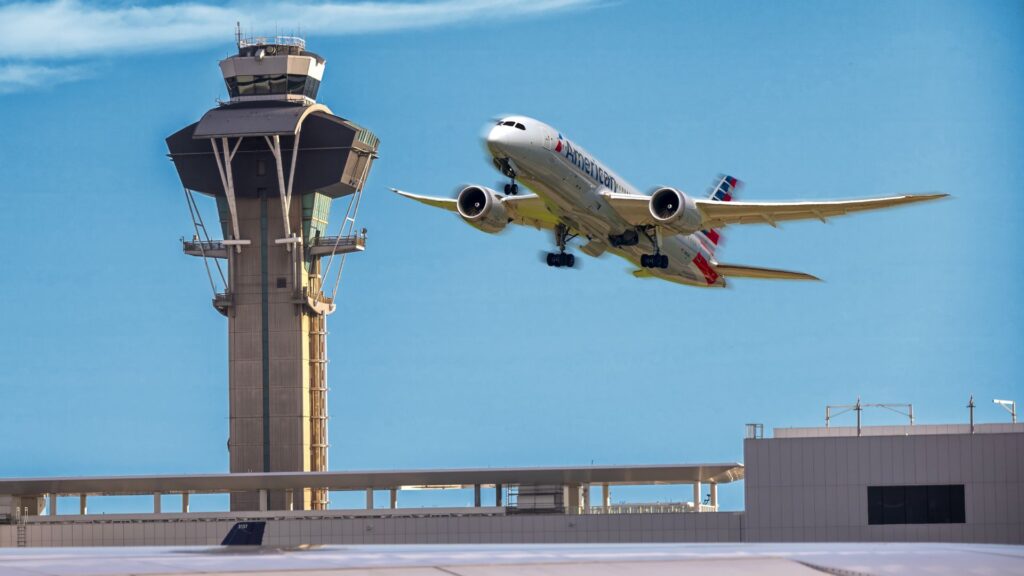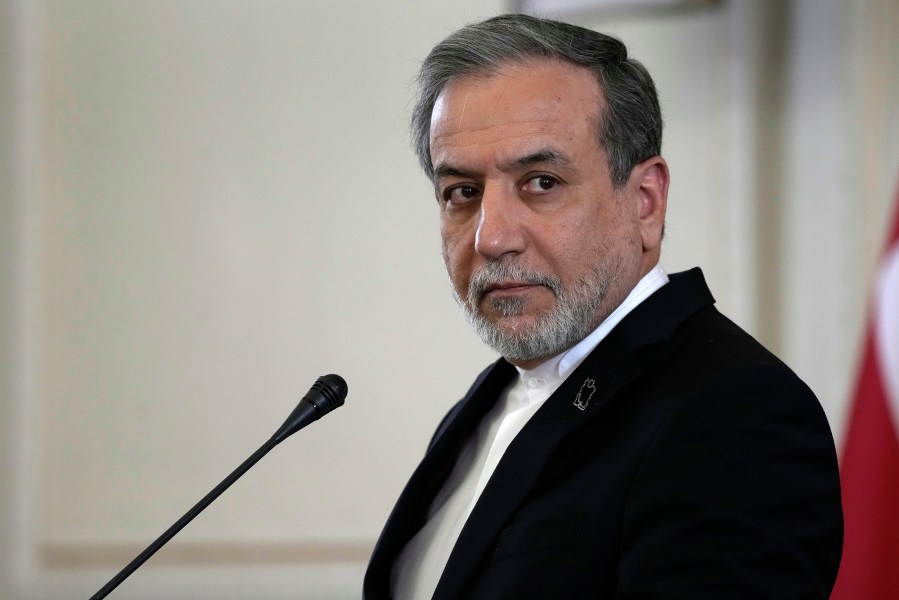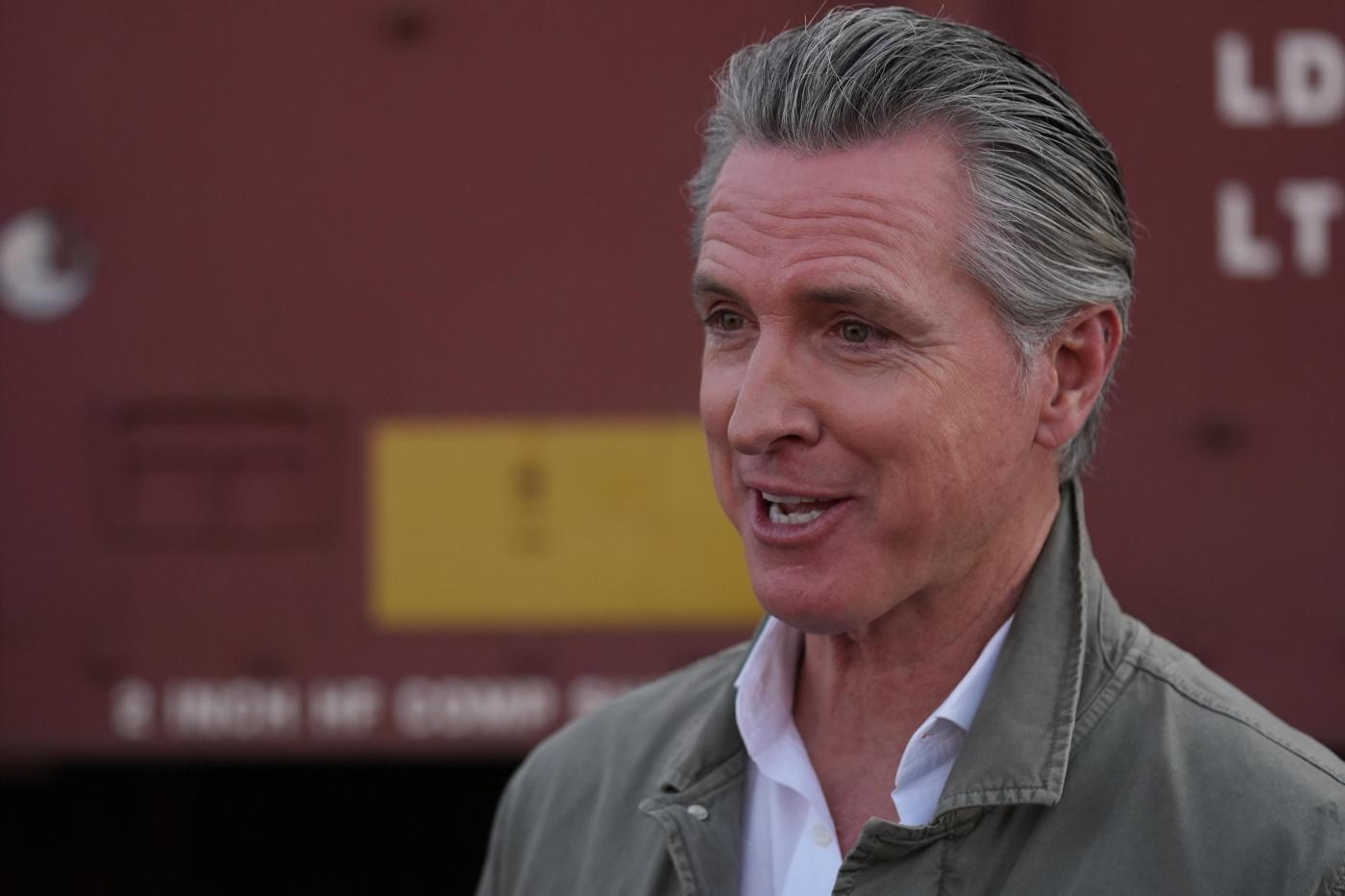
Air traffic controllers in the United States are facing severe financial hardship as they miss their first full paychecks due to an ongoing government shutdown that began on October 1, 2025. With over 13,000 controllers working without pay, airlines are stepping in to offer support in the form of free meals at airports and airline hubs across the nation. This assistance aims to alleviate some of the pressure on these essential workers while emphasizing the urgent need for Congress to restore government operations to ensure aviation safety.
The current government shutdown, now in its fifth week, has escalated challenges for air traffic controllers who are mandated to work without compensation. This situation is further complicated by a pre-existing shortage of controllers, resulting in significant flight delays and cancellations. Major airports such as Newark (EWR), Atlanta (ATL), Denver (DEN), and Chicago O’Hare (ORD) have experienced disruptions, with average flight delays extending for an hour or more in some cases.
The Federal Aviation Administration (FAA) and the Department of Transportation (DOT) assert that air travel remains safe due to contingency plans designed to manage air traffic, including delaying flights on the ground and rerouting aircraft. Nonetheless, controllers facing financial stress have increasingly taken sick leave or sought secondary employment, such as driving for rideshare services, which exacerbates the existing staffing crisis.
Airlines have mobilized to assist air traffic controllers during this challenging period. United Airlines, for example, has donated meals at its hubs in cities including Chicago, Denver, and Los Angeles. A representative from United stated, “We appreciate the hardworking federal employees who are keeping the air travel system running.” Similarly, American Airlines has provided meals at over seven airports, notably sending “dozens of pizzas” to controllers at Dallas Fort Worth International Airport (DFW).
Delta Air Lines has also taken action, arranging limited meals for transportation sector workers while urging the government to provide more support for these critical professionals. A spokesperson emphasized that missed paychecks increase stress for controllers, many of whom are already working mandatory overtime to ensure safety in the skies. “It’s thanks to these federal employees that Delta is able to carry more than 500,000 daily customers on 5,000 daily flights,” they added.
JetBlue Airways and Southwest Airlines are similarly involved in offering meal support at various locations. The Southwest Airlines Pilots Association (SWAPA), representing over 11,000 pilots, is collaborating with other pilot unions to advocate for an end to the shutdown. In a statement, SWAPA President Silva expressed solidarity with air traffic controllers and TSA workers, emphasizing the importance of their roles.
Political leaders have warned that the prolonged shutdown exacerbates risks within the air traffic system. Transportation Secretary Sean Duffy alerted that continued financial stress on controllers could lead to “mass chaos” in air travel. He noted that the inability to hire and train new controllers due to the shutdown will worsen the long-term staffing challenges for the FAA.
The ongoing impasse in Congress has roots in deep partisan divisions regarding funding bills. Republicans are advocating for a “clean” continuing resolution to fund the government temporarily without addressing contentious policy issues. Democrats and some dissenting Republicans, however, accuse their counterparts of attempting to shield certain individuals from scrutiny regarding various investigations.
With the Thanksgiving holiday travel surge approaching, experts warn that if the shutdown is not resolved, air travel could face unprecedented delays and cancellations. Some estimates suggest that up to 25% or 30% of flights may be affected during this peak travel period.
The current crisis highlights the critical role air traffic controllers play in maintaining the safety and efficiency of the nation’s air transportation system. As airlines and private sector aviation professionals rally to support these essential workers, the call for Congress to act swiftly grows louder. The implications of continued inaction could be profound, affecting not only the aviation industry but also millions of travelers across the country.







